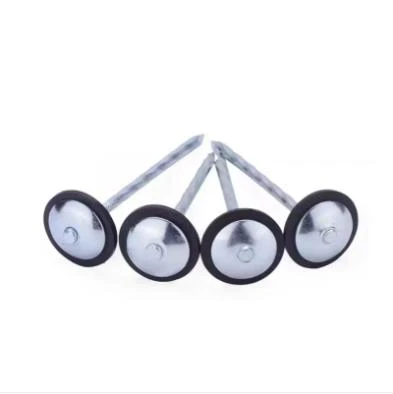Nov . 12, 2024 09:41 Back to list
chicken coop mesh wire
The Importance of Choosing the Right Chicken Coop Mesh Wire
When it comes to raising chickens, one of the most critical considerations is the design and construction of their housing. A well-built chicken coop not only provides shelter and comfort for your flock but also protects them from predators and the elements. One of the key components in ensuring the safety and security of your chickens is the type of mesh wire you use for the coop.
Understanding Chicken Coop Mesh Wire
Chicken coop mesh wire, often referred to as chicken wire, comes in various types and sizes, each designed for specific purposes. The mesh wire is typically made from galvanized steel, which provides resistance to rust and corrosion, making it suitable for outdoor environments. The most common types of chicken wire include hexagonal wire mesh and welded wire mesh, both of which offer different levels of strength and security.
Why Is Mesh Wire Important?
The primary purpose of mesh wire in a chicken coop is to create a barrier between your chickens and potential threats. Predators such as raccoons, foxes, and birds of prey are always on the lookout for easy prey. A sturdy mesh wire can prevent these animals from entering the coop, ensuring the safety of your flock.
Moreover, mesh wire also serves as a protective barrier against other dangers such as rodents and larger pests. These pests can not only steal food but also pose health risks by carrying diseases that might infect your chickens. By using effective mesh wire, you can significantly reduce these risks.
Choosing the Right Type of Mesh Wire
chicken coop mesh wire

1. Gauge The gauge of the wire refers to its thickness. A higher gauge means thinner wire, while a lower gauge means thicker wire. For chicken coops, it’s advisable to use a lower gauge (such as 14 or 16) for better durability and resistance against predators.
2. Mesh Size The size of the openings in the mesh is crucial. While smaller openings can prevent smaller animals such as weasels from entering, they may not provide adequate ventilation. A mesh size of 1 inch or less is generally adequate to keep most predators out while ensuring good airflow within the coop.
3. Material Galvanized steel is the most commonly used material for chicken wire due to its durability. Some chicken owners prefer welded wire, as it provides added strength and resistance to bending or breaking.
4. Height and Depth When constructing your chicken coop, consider not only the height of the fence but also the depth. Many animals dig to access chickens, so burying the lower section of the wire at least a foot underground can deter digging predators effectively.
Maintenance and Upkeep
Investing in high-quality mesh wire is only the first step. Regular maintenance is essential to ensure its longevity. Periodically check for any signs of damage, such as rust, bends, or breaks in the wire. Repairs should be made promptly to prevent any gaps that predators could exploit.
Conclusion
Choosing the right chicken coop mesh wire is a vital decision for anyone raising chickens. It ensures not only the safety and security of your flock but also contributes to their overall health and wellbeing. By understanding the different types of mesh wire available and their specific benefits, you can create a secure environment where your chickens can thrive. Always prioritize quality over cost when selecting materials because the protection of your flock is worth it. A well-designed coop with appropriate mesh wire will lead to a more productive and satisfied chicken-keeping experience.
-
The Role of Field Wire Fence in Grassland Conservation
NewsJul.15,2025
-
Stainless Steel Razor Wire Durability in Coastal Environments
NewsJul.15,2025
-
Enhancing Home Security with Mesh Fences
NewsJul.15,2025
-
Diamond Mesh Wire for Small Animal Enclosures
NewsJul.15,2025
-
Common Wire Nail Tensile Strength Testing for Woodworking
NewsJul.15,2025
-
Barbed Wire Corrosion Resistance Galvanization Techniques
NewsJul.15,2025









